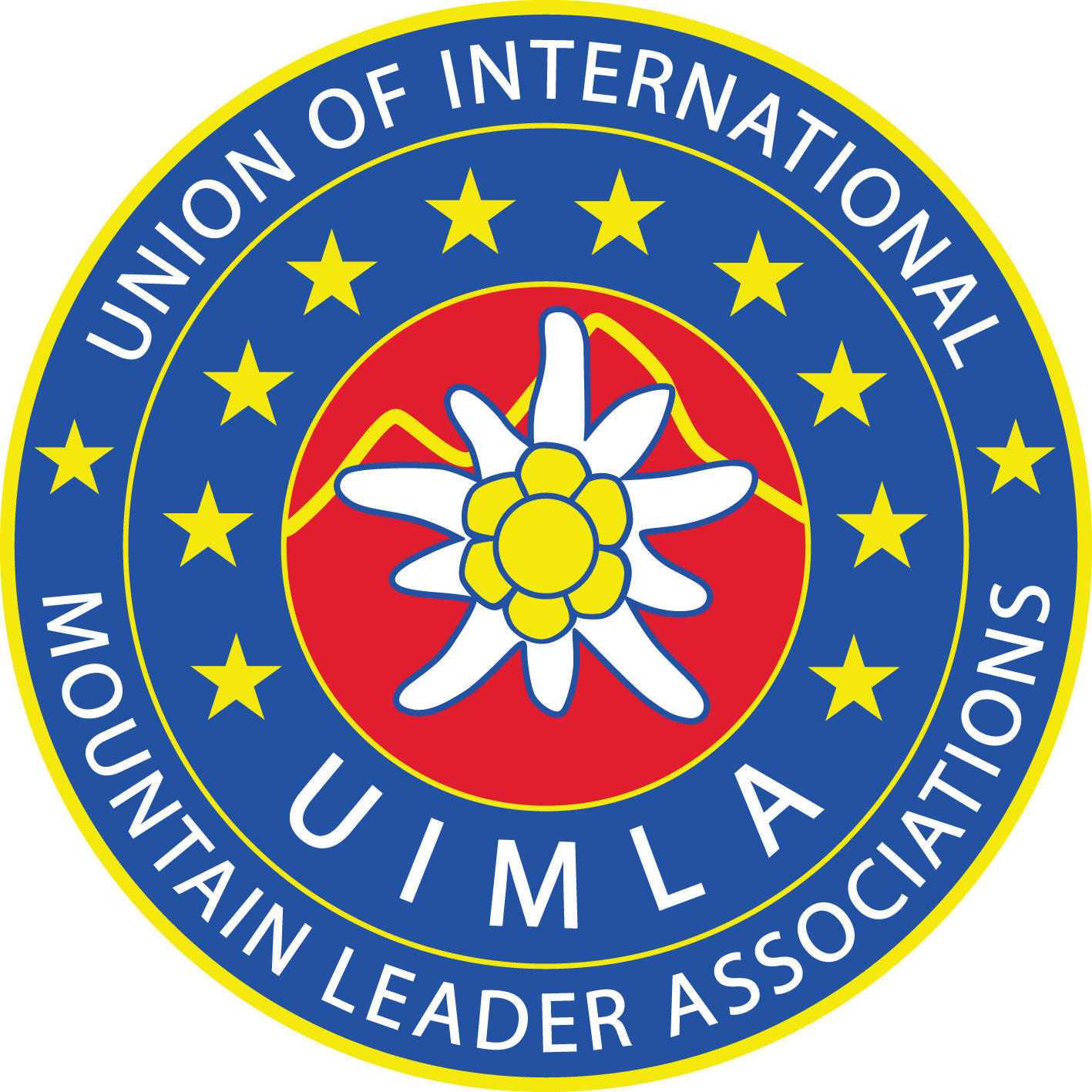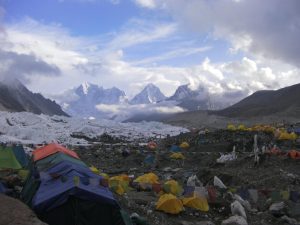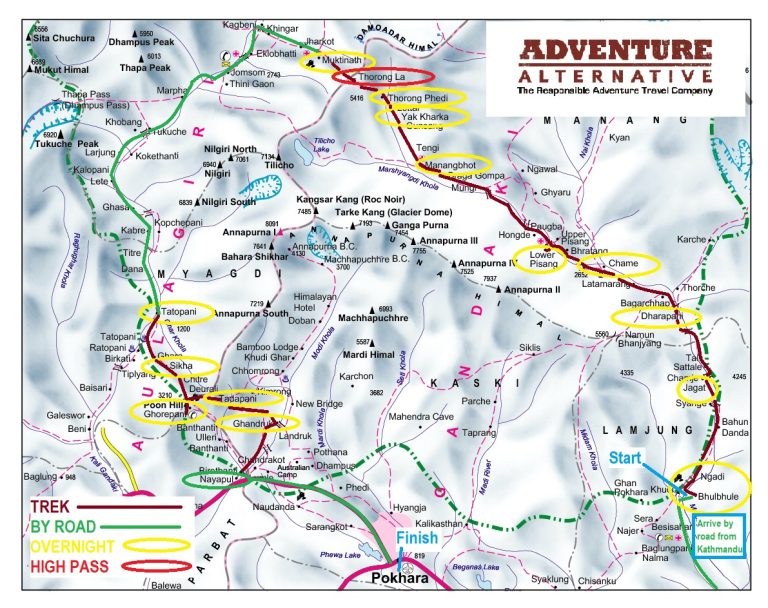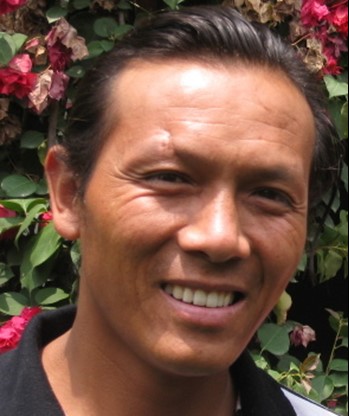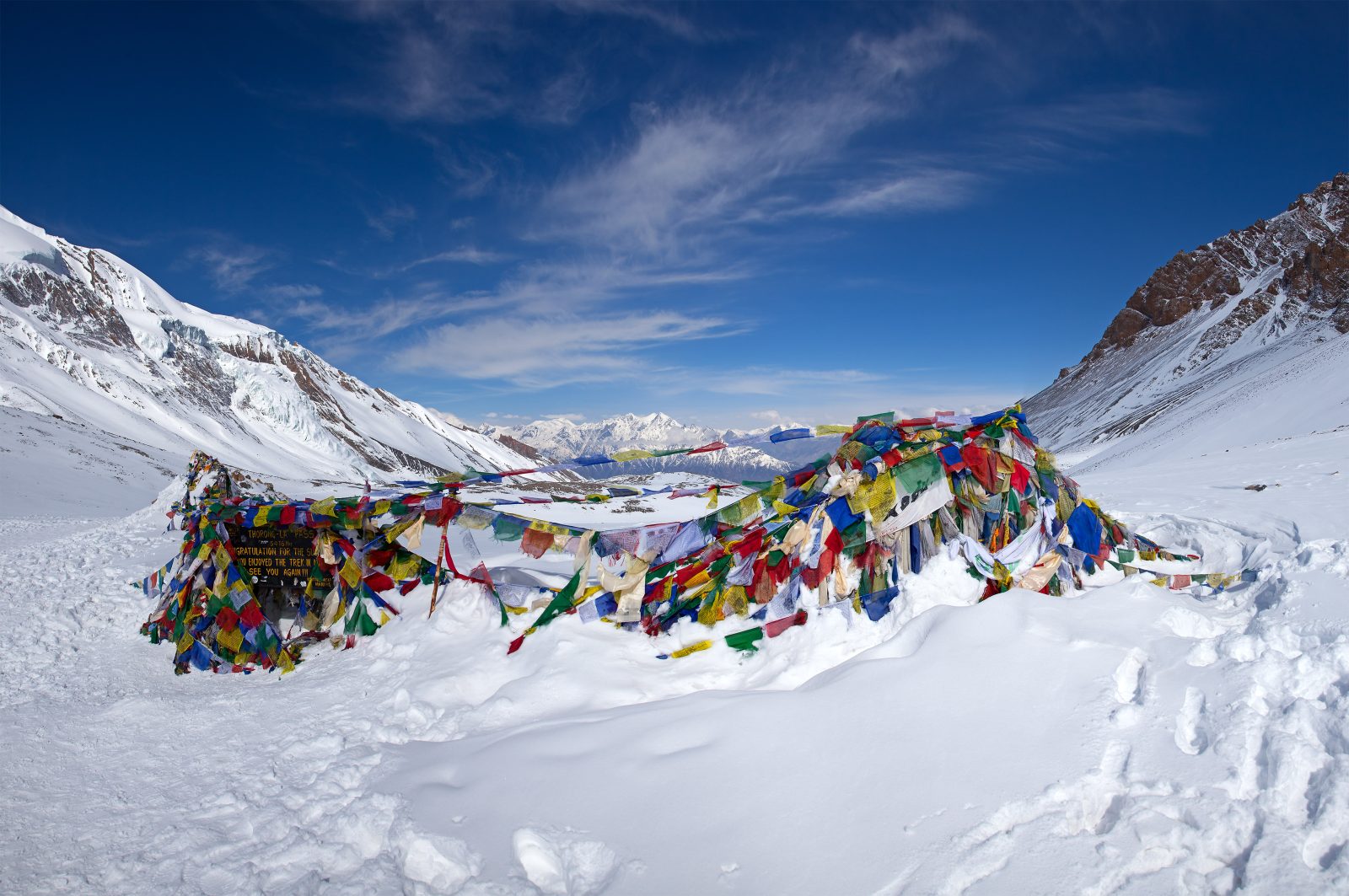
Annapurna Circuit Trek
The Annapurna circuit trek is one of the Himalayas most famous treks. This trek is achievable for most fit hill walkers and includes a crossing of the Thorong La (pass) at 5416 metres.
Overview
The trek is sociable and fun, not too demanding, and nights are spent in comfortable lodges where the food is fresh and good quality. It’s a circular trek, going up one valley and over the Thorung La high pass (5412m) and then descend a different valley. The western section of the the route is now accessible to vehicles, which has unfortunately meant this section is best covered by vehicle now due to traffic and dust, however that just gives the feet a day off and the rest of the trek is stunning.
You don’t need to be a super hiker for this trip, but by the end, you will be feeling very mountain fit, suntanned and filled with positivity! It’s fair to say that this is a popular trek in the high season so you will meet lots of different nationalities on the trail. It is challenging at times but the route allows for excellent acclimatisation before attempting the pass and of course you’ll be in the safe and experienced hands of our guide team.
What Our Adventurers Think:
I had a fantastic trip and was looked after wonderfully in Kathmandu by Pasang and, on the trek itself, Lopsang and Tendi were brilliant, nothing being too much trouble and always attentive and helpful – you have a great team out in Nepal. I have some very special memories of my trek – the stunning scenery, the walk itself, the people I met on the way and the marvellous sense of achievement at reaching my goal by arriving at base camp; thank you once again for organising it for me.
Annapurna Circuit Trek Itinerary
You can trek around the Annapurna Circuit from March to early May, and September to early December.
We generally have groups of 4 – 6 people, and you will be led by Sherpa guides who have worked for us, for many years. The groups meet up in Kathmandu where we have a guesthouse if you wish to use it, or we can book one of the many hotels in the capital. Kathmandu is at an altitude of 1400m. The following day is a rest and briefing day, then on day 3 we travel by road to Bulbule followed by a 2hr walk to Ngadi which is at 900m. Day 4 is the start of our main trek and we then have a gradual height gain each day followed by a few days walking high and sleeping low before going over the 5412m Thorung La pass. After the pass we rapidly drop altitude to sub 2000m. Our circuit will bring us to Pokhara at the end of the trek and after a rest day there, we fly back to Kathmandu.
The main itinerary ends on arrival back in Kathmandu and on the vast majority of occasions we are back in Kathmandu on day 20 with no problems. However, there are sometimes delays with the internal flights from Pokhara to Kathmandu. Therefore we recommend that you do not book international flights home that leave any earlier than the evening of day 21. This allows the possibility of making the internal flight (or drive if required) back to Kathmandu on day 21 if necessary. You can also arrange to stay an extra night in Kathmandu on the night of day 21 and fly out the following day. We can help you to book the extra night’s accommodation if needed.
Please note: Due to the nature of trekking in the mountains and adventure travel, the itineraries here may need to be adapted on the ground to suit prevailing conditions of the mountains, weather and the group.
Arrive in Kathmandu and transfer to Hotel or Adventure Alternative guesthouse.
Rest day and acclimatisation to jet lag. There is also the possibility of Kathmandu city sightseeing. Trek briefing will follow.
Drive from Kathmandu for around 6 hours to Besi sahar (800m). Lunch will be had on the way to Besi Sahar and you will arrive in the late afternoon. Again we take a local jeep or bus to Bulbule, with the possibility of using our own reserve tourist vehicle. Here you enter into the Annapurna Conservation where your guide will register you at the ACAP (Annapurna Conservation Area Project) checkpoint. This journey is followed by a 2 hour trek to Ngadi.
Breakfast in the lodge and ready for a steep morning climb through villages and green trees to Bahundanda (1270m), where you will have great views of the surrounding Himalayan peaks. It will take 2 to 3 hours to reach this point, walking slowly. From Bahundanda the trail drops steeply to Lili Bhir and then follows an uncovered trail to Ghermu (1140m), with its wonderful views of the tall waterfall across the river. A further descend across the Marsyangdi River on a suspension bridge will bring you to Syange (1080m) to have lunch. The trail then climbs a steep 150m and crosses a cliff face to the stone village of Jagat, balanced on the edge of a steep sided valley, where you will stop for the evening.
Jagat to Dharapani. The rocky trail descends before climbing through forest to Chamje (1410m). Again you will cross the Marsyangdi Khola, and along the valley with a steady uphill climb to Tal (1700m), which was previously a lakebed and the first village in the Manang district. This will take around 4hours. After lunch the walk continues through the valley, then up a stone stairway before descending to another crossing of the Marsyangdi river, past Karte to Dharapani where you will rest for the night.
Dharapani to Chame. In the morning the trail climbs steeply for around 3hours, gaining 500m to Timang village where you will take rest and have lunch. After lunch it takes another 3hours of walking on flat terrain through forests of pine and fir to reach Chame. There are excellent views of Annapurna II as you approach Chame. Chame is the headquarters of the Manang district and here you will see many lodges and have time to explore the village to use internet cafes, the bank and shop for local souvenirs and trekking gear.
Chame to Pisang. Today is a relatively easy day. The trail is mainly flat and runs through deep forest in a narrow valley and recrosses to the south bank of the Marsyangdi River at 3080m. Lunch will be had in the popular spot of Dhukur Pokhari, where you will have a great first view of the Paungda Danda rock face. After lunch there is a steady, gradual climb for one hour to Pisang, where you rest overnight. From Pisang you will have stunning views of many magnificent peaks, including; Pisang Peak (6091m), Chulu West (6419m), Chulu East (6584m), Lamjung Himal (6986m), Annapurna II (7937m) and Annapurna IV (7525m).
Pisang to Manang. The walk today goes through the drier upper part of the Manang district through pine forests. There are two routes to Manang, we take the southern route via the airstrip at Hongde (3420m) and continue to Mungji (3500m) and past the extraordinary village of Bragha Gompa to Manang where there are plenty of shops, a museum and an HRA post which you can visit for their daily lecture on altitude sickness. There are stunning views of Gangapurna (7454m) from Manang village.
Rest day in Manang. Spend a day relaxing and acclimatizing with a day hike to the Ice Lake, high above the valley floor at 4600m.
Manang to Yak Kharka. From Manang we have an ascent in the morning of almost 2000m towards the Thorung La and climb steadily, leaving the Marsyangdi Valley. Vegetation becomes sparse as we reach Yak Kharkha. We arrive in Yak Kharkha in time for lunch, and spend the rest of the evening here.
Yak Kharka to Thorung Phedi. Today is a short walk and you will reach Thorung Phedi in the afternoon for lunch and spend the rest of the evening relaxing. The trail crosses the river at 4310m and climbs up through deserted scenery toward Thorung La. It is important to walk slowly and listen to your body. Fatigue from lack of oxygen to your muscles is common, but some people may feel nauseous and suffer from headaches. Drink lots of liquid and keep warm, give your body maximum opportunity to recover.
Thorung Phedi to Muktinath. The day is long, but the efforts are worth it for the view from the top of Thorung La (5416m). We start early at 3am, have a quick breakfast then climb steeply for 5 hours to reach Thorung La at around 8 or 9am. The trail is well used and easy to follow, drink plenty of water and take your time. The pass is marked by chortens and prayer flags and there is even a tea shop along the way. The view of the Annapurnas, along the Great Barrier to Kali Gandaki Valley is astounding. From the pass there is a steady and sometimes slippery descent to Muktinath and you’re trekking poles will be helpful. The walk down from the pass takes 3½ hours. Take time in Muktinath to observe the Tibetan traders and the shrines, in a grove of trees. They include a Buddhist gompa, a Vishnu temple and the Jwalami (Goddess of Fire) Temple. This temple protects a spring and natural gas jets that provide Muktinaths famous eternal flame.
Muktinath to Tatopani. Today our feet take a rest as we travel to Tatopani by road. We used to walk this section however the dust has become too much and the closeness of what is now a busy road doesn’t compare to the rest of the trek. The drive is still interesting as we make our way through the regions villages and towns plus we quickly drop out of high altitude.
Tatopani to Sikha. An uphill walk through a forest of rhododendrons and Ghara village, which is surrounded by stoned walls and farming land where they grow wheat, potatoes and other vegetables for the local people. Lunch will be had in Ghara, where there is great view of Dhaulagiri (8167m). After lunch, the trail leads steadily uphill on rocky ground and uncovered surroundings to Sikha for around one hour.
Sikha to Gorepani. A short walk, mainly uphill through Sikha village to Gorepani. You will arrive in the afternoon for lunch and relax here for the night, and prepare for the trek to Poon Hill in the early morning.
Gorepani to Tadapani. Early morning climb for around 1 – 2 hours to Poon Hill (3210m) to see the sunrise over the Himalayas, including the Doulagiri and Annapurna Range. Back at the lodge for breakfast and a walk descending for 4 – 5 hours to Tadapan
Tadapani to Ghandruk. The trail leads downhill through a pine forest for 4hours, until you reach Ghandruk. On the walk you will have beautiful views of the Himalayan range.
Ghandruk to Nayapul & Pokhara. An easy descent of 700m for 5 hours to Nayapul. We’ll then drive from Nayapul for one hour to Pokhara where you’ll stay overnight.
Rest day and sightseeing around Pokhara, overnight in hotel.
Pokhara flight* to arrive in Kathmandu in the morning. The remainder of the day can be spent resting and/or sightseeing.
You can depart Kathmandu later this day, but see note above about possible internal flight delays.
These flights ‘fly by sight’ so if there is cloud cover or bad weather there can be delays. If necessary we can be flexible and adapt the itinerary to catch up on lost days, but if the planes can’t fly then there is little that we can do except wait. Occasionally the planes can’t fly but helicopters can, if you prefer this option we can organise it but there would be a supplemental charge. This doesn’t happen very often but if your trek is very early, very late, or out of the main season you should consider possible impacts. Please read our More Info page about Himalayan Flight Delays
Ready for an Adventure of a Lifetime?
Choose a scheduled date or contact us to set up private dates or a bespoke itinerary. The minimum deposit is £200.00 and the balance is due six weeks before travel.
Fixed Itineraries
| Start Date | End Date | Days | Price (per person) | |
|---|---|---|---|---|
| 06/09/2025 | 26/09/2025 | 21 | £1,895.00 | Book Now |
| 18/10/2025 | 07/11/2025 | 21 | £1,895.00 | Book Now |
| 04/04/2026 | 24/04/2026 | 21 | £1,895.00 | Book Now |
| 25/04/2026 | 15/05/2026 | 21 | £1,895.00 | Book Now |
| 05/09/2026 | 25/09/2026 | 21 | £1,895.00 | Book Now |
| 17/10/2026 | 06/11/2026 | 21 | £1,895.00 | Book Now |
Private Itineraries
Our Annapurna Circuit trek Experts
Pasang Tendi Sherpa is one of the company directors in Nepal and a mountain leader. He has been working with Adventure Alternative since 2005 and has made three climbs of Mount Everest with Gavin.
He lives in New York with his wife Sarasoti and their two children Jubilee and Elli Dolma, and he travels to Nepal during the trekking seasons and helps manage the company and run some treks and climbs.
He has had plenty of experience managing expedition and...
Annapurna Circuit Trek Cost from £1,895.00
INCLUDES
- Airport Transfers
- Road transfer from Kathmandu to Ngadi by bus (this can be upgraded to a private vehicle – price depends on group size: 3 or less is £20pp, 4 or more is free)
- Accommodation in lodges/ tea houses (twin rooms with beds/ mattresses)
- Three meals per day during the trek, with a hot drink (e.g. tea/coffees/juices)
- Annapurna Conservation ACAP permit fees & TIMS Permit
- Sherpa guides (English speaking, trained in first aid)
- Porters (carries 14kgs for you)
- Staff food, insurance and equipment
- Hotel (twin rooms) in Pokhara
- Flight from Pokhara to Kathmandu
EXCLUDES
- International flight to Kathmandu
- Accommodation in Kathmandu (~ £15 – £25pp/n) – we can book this for you or look at www.booking.com
- Meals and drinks in Kathmandu
- Personal costs like drinks, laundry, hot showers, bottled water
- Excess flight baggage ($1 / kg)
- Trip Insurance or medical costs
- Visa
- Tips (~$75 – $100)
- Sightseeing or additional tours
Payments
A deposit of £200 is required on booking to secure your place and we ask that the remaining balance (trip price minus the deposit) is paid in full 6 weeks prior to your departure. When you book with us you’re given your own secure online account which you can access 24/7. Through this account you can edit your booking, add flight, health, insurance and dietary details and also make interim payments. We make payments as flexible as possible and you can choose, if you wish, to pay a bit off your trip fee whenever it suits you.
NOT ALL ABOUT MONEY
Our prices are competitive and good value, and we offer quality, service, security and an ethical stance on tourism in a developing country. We don’t want to be so expensive to run fewer trips and have our staff idle, but on the other hand we believe that running cheap trips that promote the practise of skimming budgets would result in the porters getting next to nothing, which is something we cannot consider.
Additionally we plan treks with sufficient rest days and with achievable daily altitude increases which gives good time to acclimatise. Reducing the number of days may make the price cheaper but the chances of successfully completing the trek also greatly reduce.
We include professional staff and a porter for each member. We do not operate kitties and we use an excellent hotel in Kathmandu with which we have built up a strong relationship over the years.
We have our own licensed company in Kathmandu, Adventure Alternative Nepal and full time staff to operate all our treks, climbs and tours in Nepal.
INSURANCE
You must have an insurance policy which covers trekking at high altitude and helicopter rescue in the event of an evacuation, to the value of up to $10,000.00.
Annapurna Circuit Trek Kit List
The basic idea of the kit we will take is to keep you warm, dry, protected from the sun, able to move comfortably in the mountains and able to be comfortable in the evenings and night.
You will be given a detailed kit list after booking, but the main points to cover are as follows:-
- BAGS – Rucksack or duffle bag for a porter to carry plus a day pack to be carried by you
- SHELL – Top and bottom waterproofs to keep off wind/rain
- LAYERS – Shirts, trousers, shorts, Tshirts, jumpers and jackets, hats and gloves
- BASELAYER – Thin layers to wick away any sweat and to wear for cold mornings
- FEET – Comfortable boots with a good sole and ankle support. Lighter footwear to change into in the evenings.
- SLEEPING – Warm sleeping bag (3 or 4 season) to get a good nights sleep at the lodges (they also have blankets)
- DRINKING – Water bottles should be hard plastic (Nalgene), not throwaway bottles.
- WASHING & MEDICAL – wash kit, towel, first aid kit
- SUN CARE – sunglasses, sunhat
- TREKKING – trekking poles, umbrella, dry bags
- PERSONAL ITEMS – cameras, books, music
Kathmandu has an area called Thamel which is full of hundreds of equipment shops, each one an emporium of new, used, quality and fake equipment all very reasonably priced for rental and buying. You can buy almost anything needed for any trek.
A more details list and other guides can be found under the ‘More Information’ tab on the right hand side of this page or by clicking here:
Luggage Allowance on Internal Flights
Please note that standard luggage limits on internal flights are 12.5kg (combined hold and hand luggage). You can pay for extra luggage allowance at $1/kg. However, note that the amount that the plane can carry also has a limit! You can of course wear your trekking boots and jacket to help cut down on the weight of your bag. You can also leave any city clothes or extra travel kit in Kathmandu.
Why Us
- All our guides are personally trained by Gavin Bate, Company Director and high altitude climber who has made 6 expeditions to Mount Everest.
- We offer small scale, authentic adventures, which support the local economy.
- We do not contract out our trips, we employ full time staff, offering job security and good benefits, and we are continually improving our quality service year on year.
- All the staff in our UK office have been to Nepal so you can chat to people who understand what it’s like to go out for the first time, before you go.
- We are passionate about responsible tourism and our company supports sustainable development in Nepal in a real way.
- Adventure Alternative underwrites the charity Moving Mountains.
- We have financial bonding in place so your trip fees are protected.
Length and Terrain of the Annapurna Circuit Trek
This 300-kilometre circuit is a challenging but rewarding trek, walked in a counterclockwise direction along the Marsyangdi Valley climaxing at an altitude of 5412m on the Thorung La Pass. With spectacular deep valleys and magnificent mountains, it is among the most popular treks in Nepal.
The Annapurna Circuit trek has a variety of conditions, but most of the walk is on well-established paths and not too high. The crossing of the Thorong La is the high-point of the trip both in terms of altitude and the breathtaking views of the mountains. An average days walk will be over undulating ground for 5 hours. A couple of days are longer and some less.
As the name suggests, the trail encircles Mount Annapurna (8091m) providing scenery and cultural diversity of people and land, from passing through charming villages, home to the Gurung people and trekking through the subtropical jungle to a high, dry terrain resembling the Tibetan landscape.
Also click here for our guidelines for Acclimatising Safely and for Trek Preparation!
Accommodation on the Annapurna Circuit Trek
Accommodation is in comfortable lodges which are run by local families. Each lodge has a central communal area with a large stove that provides heat and a cosy atmosphere. The bedrooms are unheated and generally have two beds per room with mattresses, pillows and a blanket. You will need to bring a sleeping bag (3 season is normally enough) and we’d recommend a pillow case.
The lodges generally have showers which are powered by gas and they mostly use sit down flush toilets (some lodges do also have squat toilets). Food in the lodges is very good quality, a mixture of local Nepali food and western recipes. Burgers and chips are a common meal, as is dal bhat with rice. You will find everything from fresh pastries to beer, stir fries to deep fried Mars bars available in the lodges and shops a Nepal price guide can be found here. There are also many shops selling all types of drinks and snacks, sweets and chocolate. You can also buy any gear that you may forget on the trail or in Kathmandu.
Packing List for Annapurna Circuit Trek
Check out our gear recommendations and also our Nepal Trekking Kit List page for information about what gear and clothing we recommend.
The basic idea of the clothing you will take is to keep you warm, dry, protected from the sun, able to move comfortably in the mountains and able to be comfortable in the evenings and night.
Kathmandu has an area called Thamel which is full of hundreds of equipment shops, each one an emporium of new, used, quality and fake equipment all very reasonably priced for rental and buying. You can buy almost anything needed for any trek.
Frequently Asked Questions for Trekking to Everest Base Camp
Below are a few commonly asked questions but do also check out our Related Blogs section and also the ‘More Information’ section also on this page which covers every question you may have for trekking to around the Annapurna Circuit!
Frequently Asked Questions
Key Information & Guides
General Nepal Information
Health and Safety Guides
Preparation & Kit Guides
Book Your Adventure of a Lifetime Now
Discover our trips to other Countries
Other Trips You May Enjoy
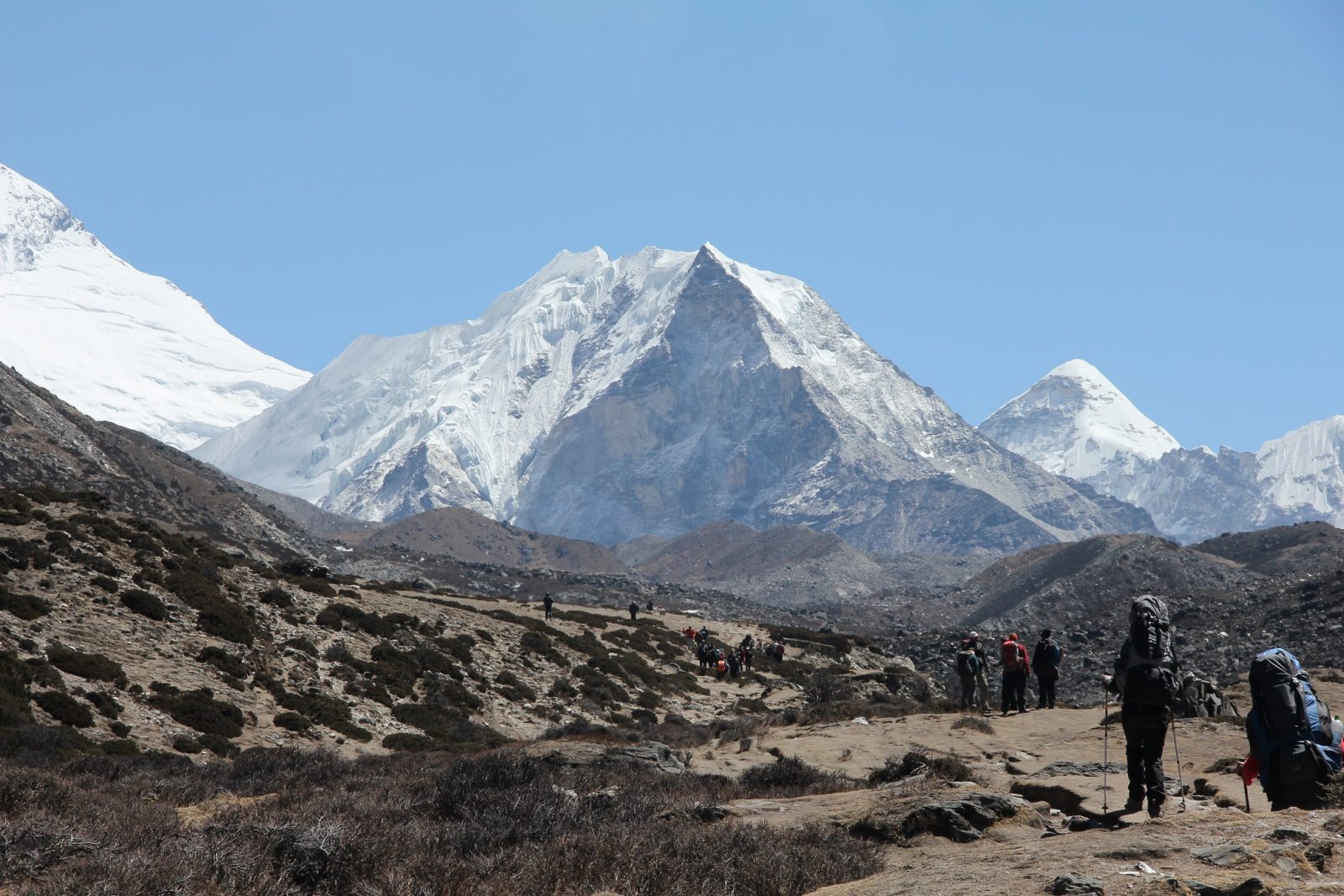
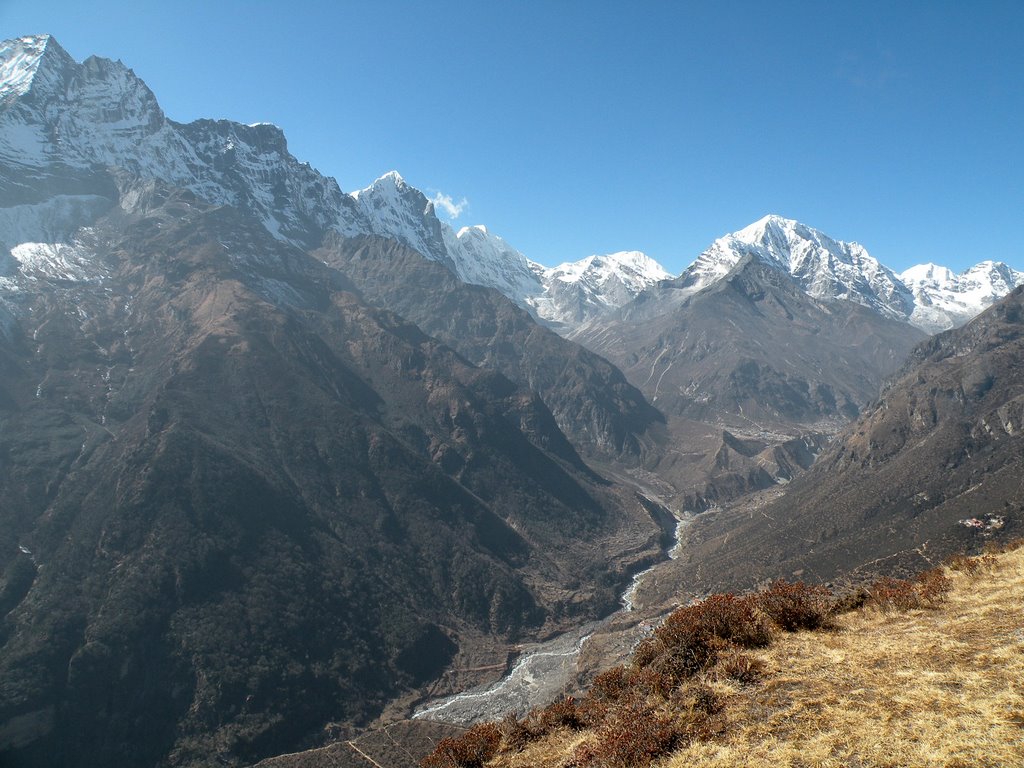
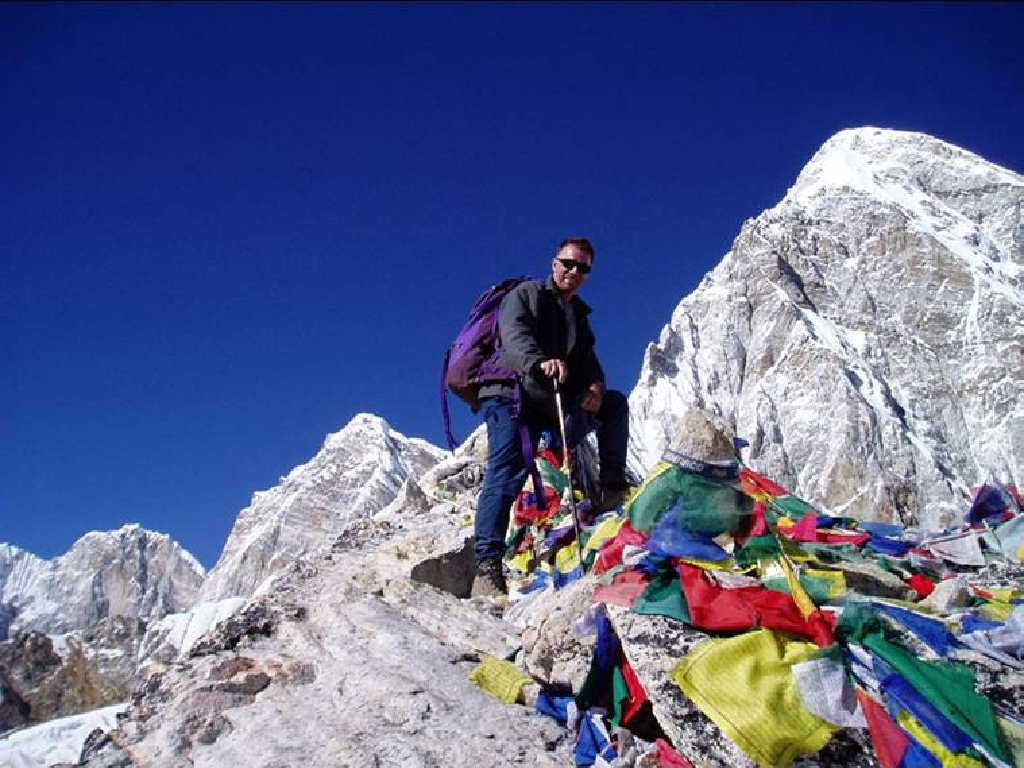
Our Nepal Posts
We’re dedicated to helping you make the most of your next adventure trekking holiday. That’s why we’ve created our travel blog full of in-depth trekking guides, travel inspiration and other fantastic information. Having done all of these climbs many times already, we want to pass on our wealth of trekking wisdom to you.
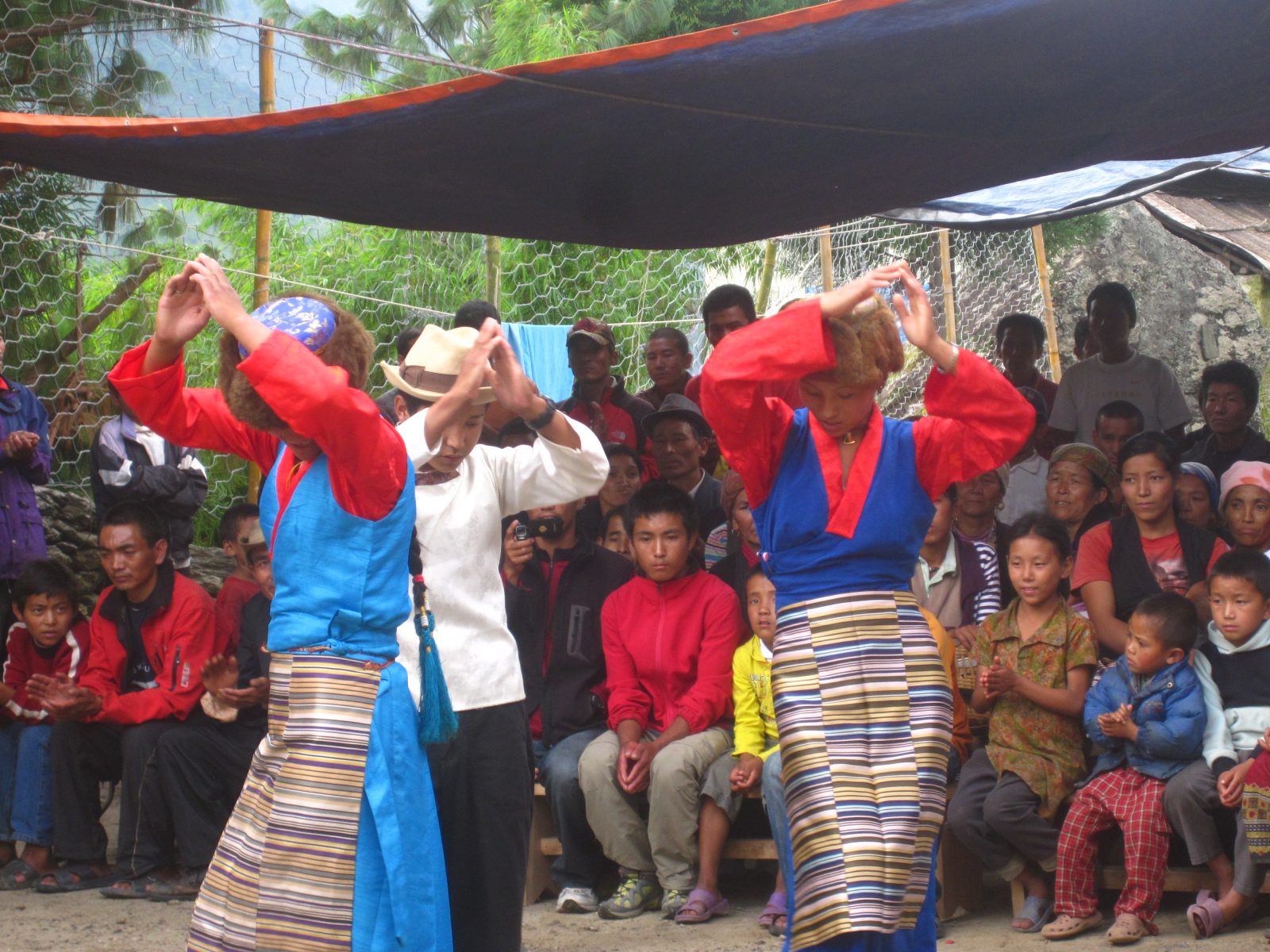
Happy New Year Nepal!
Although our calendar, the Gregorian calendar, is recognised in Nepal they also have others which are also used so it's currently the...
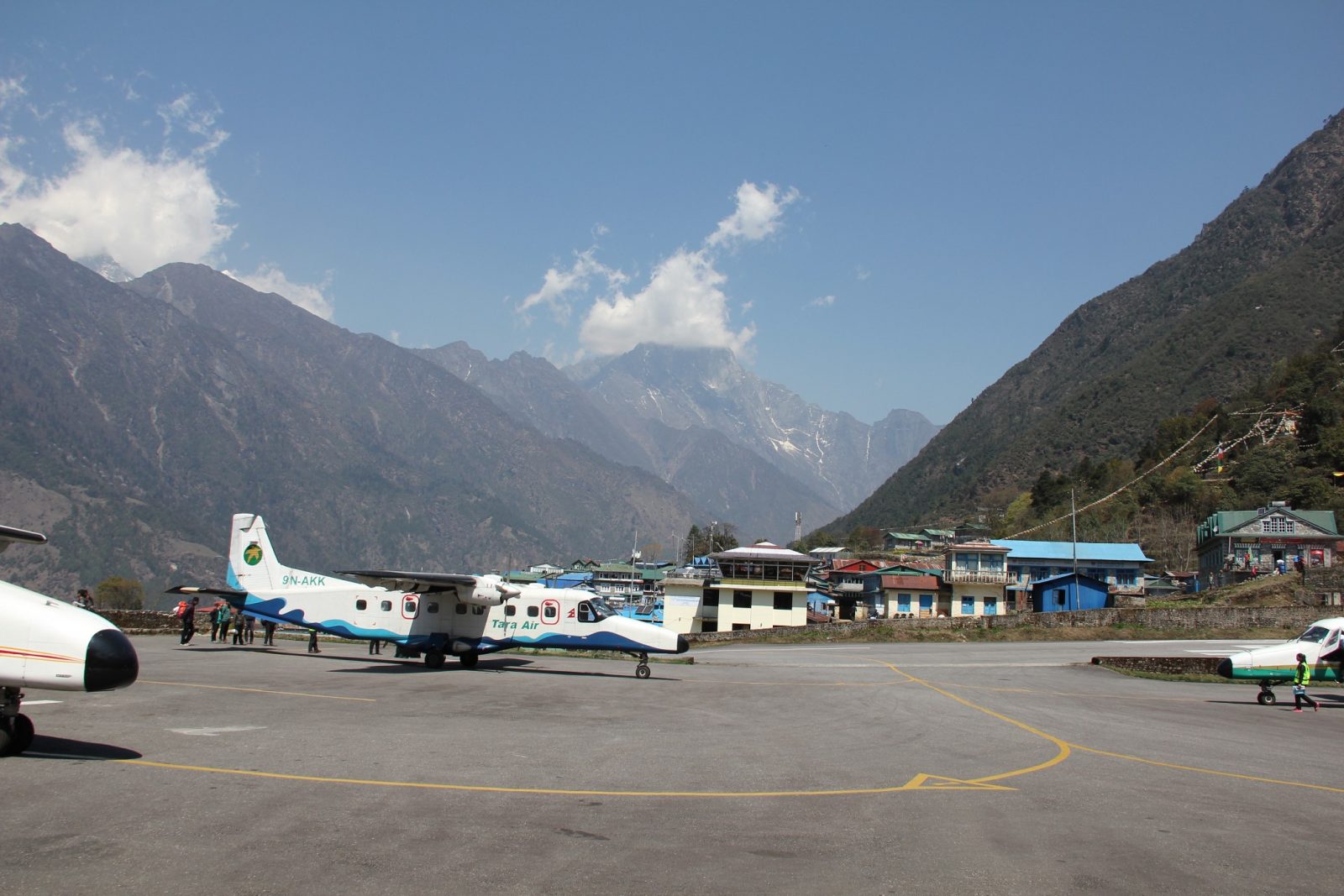
The Road to Everest
It used to be that the quickest way to get to Everest Base Camp was to fly into Lukla airport. Now all that is about to change with the building of...
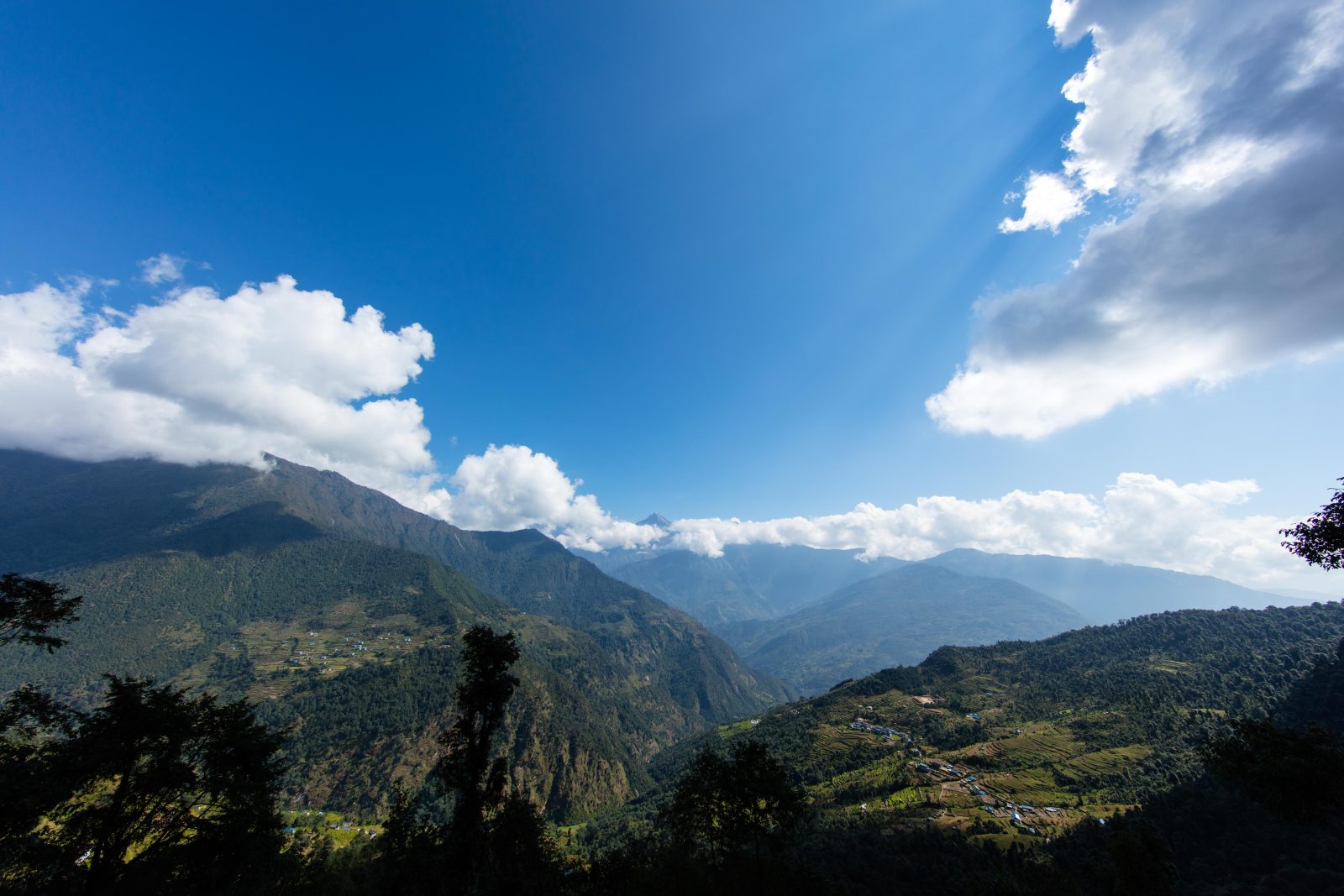
Trekking With Children in Nepal
There are no rules or laws that restrict children trekking in Nepal and it is the perfect place to combine stunning scenery with an incredible...
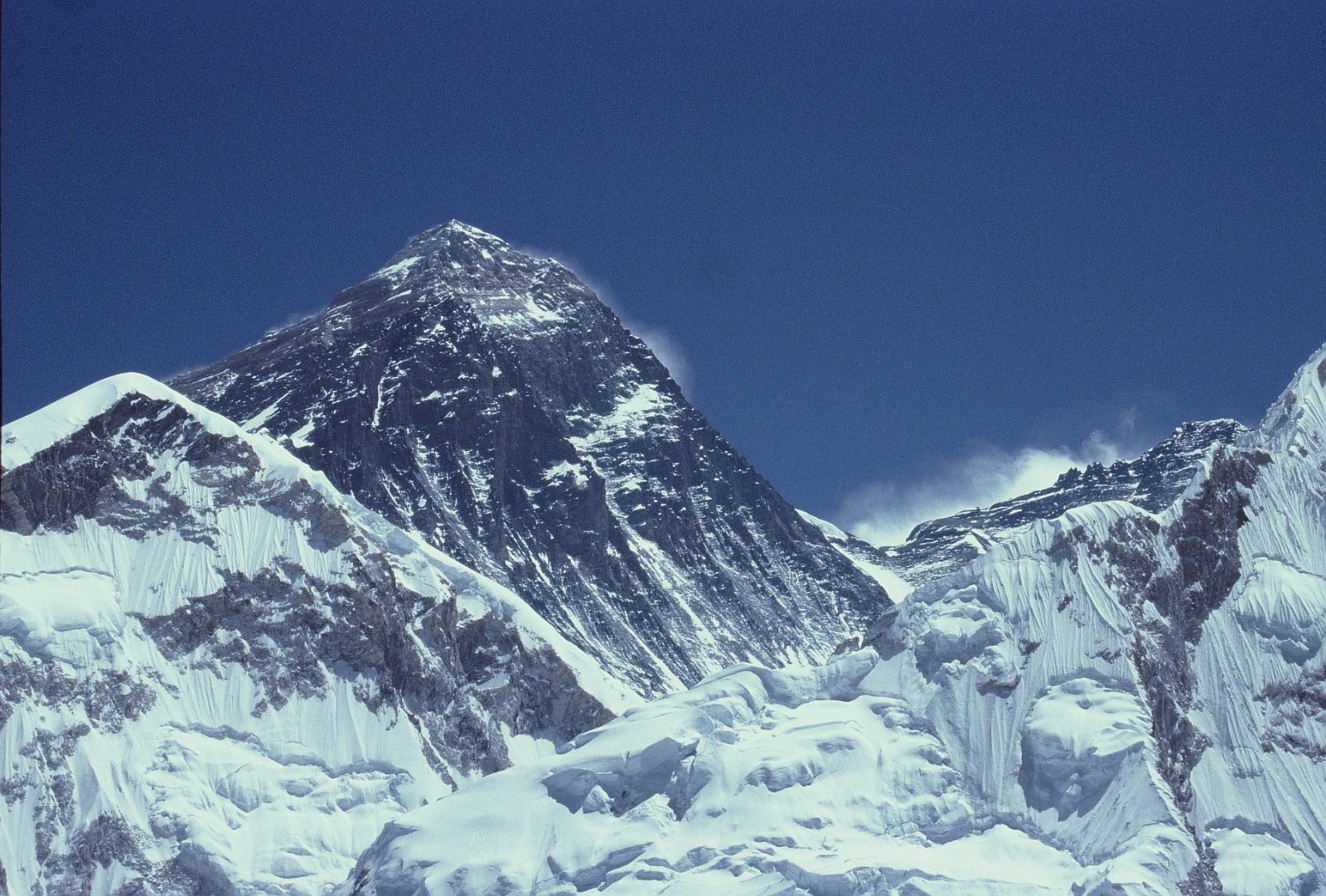
Faking Mount Everest?
An interesting story has come about towards the end of this years season on Mount Everest concerning the claim from an Indian climber that his...

How Hard is it to Trek to Everest Base camp?
A trek to Everest base camp is a very realistic opportunity for most people who enjoy the outdoors and have a good level of fitness and...
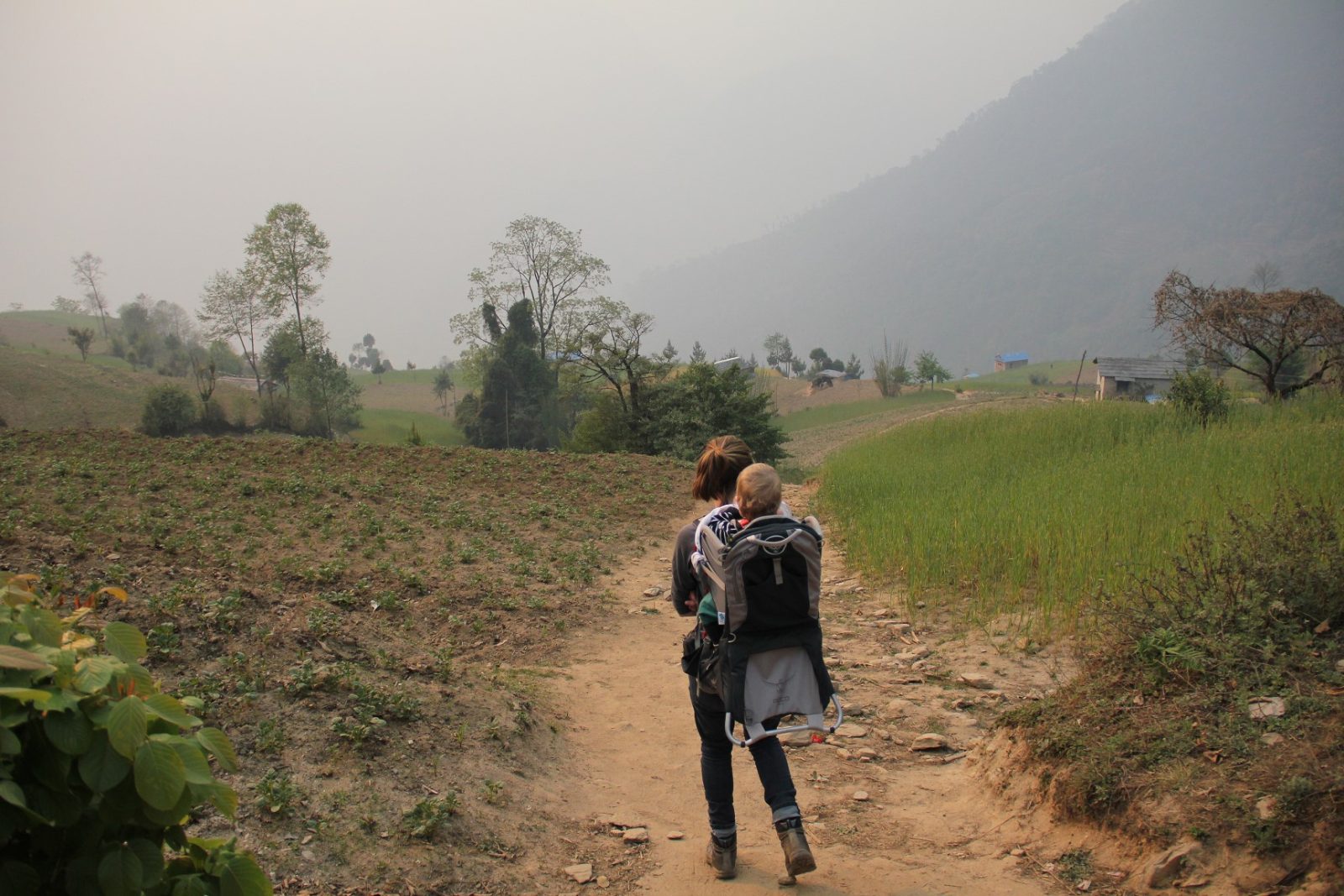
Trekking With Young Children in Nepal
I remember a friend saying he was looking forward to when his children were six or seven years old so that they could go travelling as a family to...

